All Stories
-
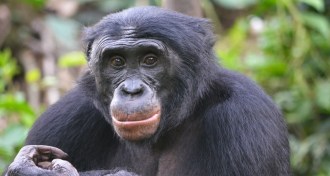 Anthropology
Anthropology‘Laid-back’ bonobos take a shine to belligerents
Unlike people, these apes gravitate toward those who are unhelpful.
By Bruce Bower -
 Science & Society
Science & Society2018’s Top 10 science anniversaries
2018’s Top 10 anniversaries include notable birthdays and discoveries in math, science and medicine.
-
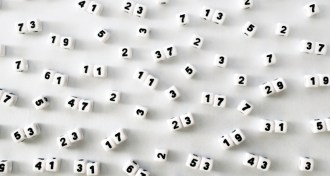 Math
MathThe largest known prime number has 23 million-plus digits
A newly found prime number smashes the previous record for largest prime.
-
 Planetary Science
Planetary ScienceNASA is headed to Earth’s outermost edge
NASA’s upcoming GOLD mission will study the charged border between Earth and space.
-
 Oceans
OceansCorals are severely bleaching five times as often as in 1980
Corals are now bleaching more frequently and severely than they were in the early 1980s.
-
 Archaeology
ArchaeologyHow the Dead Sea Scrolls survived a war in the 1960s
50 years after the Dead Sea Scrolls survived a war, another possible scroll cave offered tantalizing new clues.
By Bruce Bower -
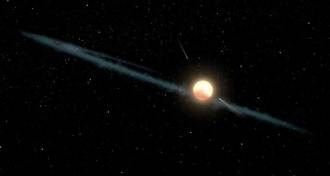 Astronomy
AstronomyAliens ruled out for why Tabby’s star flickers
The first real-time observations of Tabby’s star flickering put the final nail in the “alien megastructure” coffin.
-
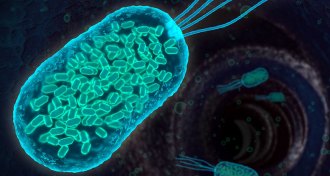 Microbes
MicrobesThese disease-fighting bacteria produce echoes detectable by ultrasound
Ultrasound can help keep tabs on genetically modified bacteria to better fight disease inside the body.
-
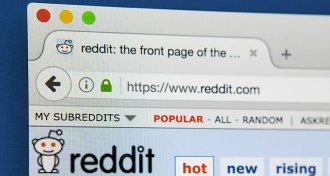 Artificial Intelligence
Artificial IntelligenceAsk AI: How not to kill online conversations
Tips on not being a conversation-killer, courtesy of an AI that studied over 60,000 Reddit threads.
-
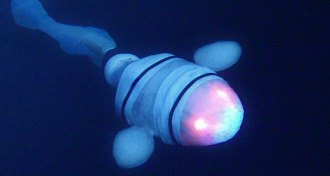 Animals
AnimalsRobot fish shows how the deepest vertebrate in the sea takes the pressure
Tests with a robot snailfish reveal why the deep-sea fish has mysterious goo in its body.
By Susan Milius -
 Neuroscience
NeuroscienceJazz improvisers score high on creativity
Jazz musicians’ creativity linked to brain dexterity.
By Kimber Price -
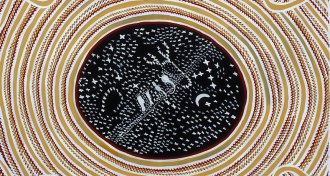 Astronomy
Astronomy86 stars get official names
The International Astronomical Union has released 86 newly official star names, based, in part, on historical star names from various indigenous cultures.